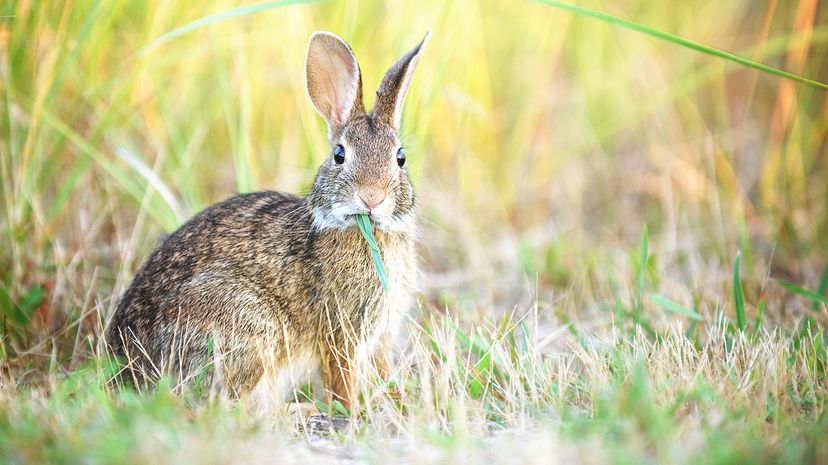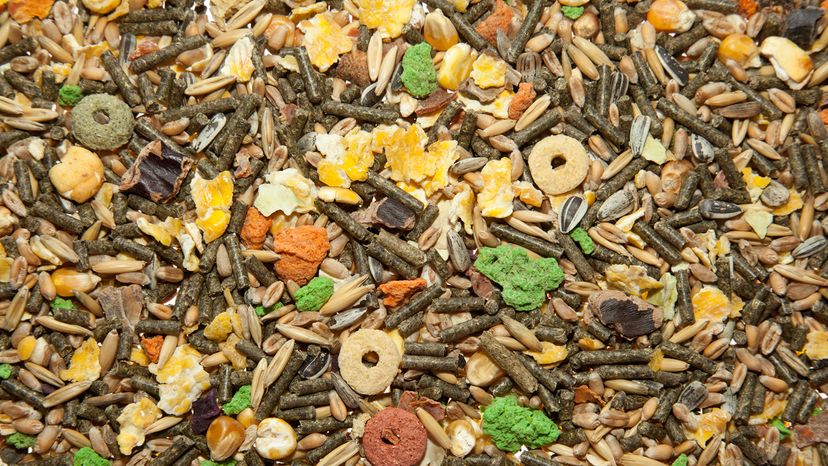
After watching decades of Bugs Bunny cartoons, we have been fooled into thinking that rabbits eat carrots. Turns out, the image of a rabbit eating a carrot is the equivalent of a child eating ice cream; they do eat these sugary treats, but only in moderation, as it's not good for their health.
So, what do rabbits eat when they're not being spoiled? Whether we’re talking about wild rabbits or pet rabbits, these little herbivores need a carefully balanced diet to thrive.
Advertisement
Most importantly, their diet is all about fiber. That means mostly hay, especially high-quality grass hay like timothy hay. But fresh leafy greens, a few pellets and the occasional treat can also keep your rabbit healthy and happy. Let's take a closer look.

